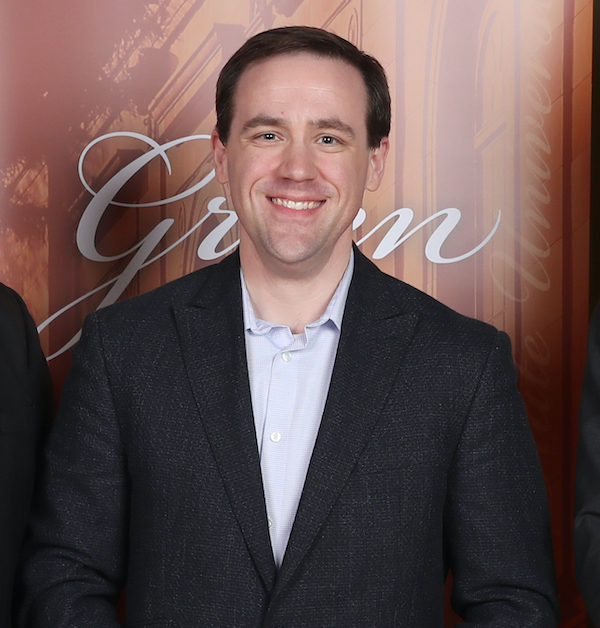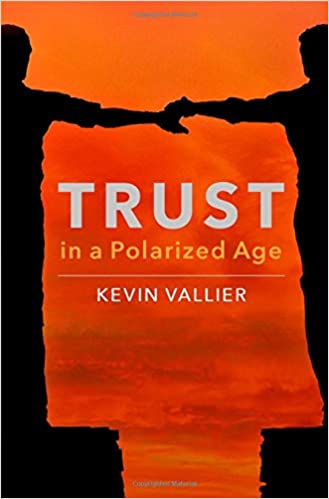
Americans today don’t trust each other and their institutions as much as they once did. The collapse of social and political trust has arguably fueled our increasingly ferocious ideological conflicts and hardened partisanship. But is today’s decline in trust inevitable or avoidable? Jim and Jan speak with political philosopher Kevin Vallier about his new book, “Trust in a Polarized Age,” and how we can collectively restore trust through our shared social institutions. Kevin has faith in our power to reduce polarization and rebuild social and political trust by recognizing and respecting our basic human rights.
Key Takeaways
[4:15] Kevin lists the different types of trust that people use and relate to.
[6:00] We might not trust our political leaders, but the bigger worry here is that we don’t trust each other.
[7:35] Political trust can be regained. However, the trickier problem is how do you regain social trust. The decline in social trust is a lot less clear.
[10:35] Lack of diversity is a threat.
[11:40] Kevin shares his thoughts on how you practice forgiveness and reconciliation in a world where “cancel culture” is abundant.
[15:25] As people, we have two responsibilities when it comes to trust: Try to trust people when the evidence is ambiguous and be trustworthy ourselves.
[18:45] It’s in everyone’s best interest to build trust because it helps us be more open to differences. When there’s less trust, people are more prone to isolation and extremism.
[21:25] Kevin discusses the differences between people on the left and right political spectrum and how that impacts trust.
[27:00] Communism destroys social trust. Kevin shares a historical example about Germany and its neighboring countries.
[28:00] We don’t really know why Millennials have so little social trust.
[31:15] In today’s digital age where there is so much information, we need to hone in on being a good information consumer. We need to detect and snuff out the bad sources. The problem is, everyone thinks they have all the answers.
[35:10] If we want to be good leaders, we have to work out our inner hypocrisies.
[37:20] The key to sustaining trust in any institution is to discover, and live up to, people’s expectations of you.
[44:35] Listener challenge: Do you want to trust the people on the other side of the aisle? Is this something you care about? And, if the answer is no, what will it take for you to trust them anyway?
The Leadership Podcast is sponsored by W.S. Darley & Company.
Founded in 1908, Darley remains a family owned and operated business, providing the highest quality equipment solutions to our country’s warfighters and firefighters.
Learn more at darley.com and darleydefense.com
Quotable Quotes
“Around the ’50s and ’60s, 70-80% of people thought the government in Washington could be trusted. Now, it’s about 20%. A staggering decline.” Share on X “The bigger worry isn’t so much we don’t trust Congress, it is that we don’t trust each other. There are a lot of social costs to this.” Share on X “It seems social trust is mostly a cause of other things, not a consequence of them.” Share on X “You just don’t listen to people you don’t trust. When there’s less trust, people isolate themselves and views become more extreme.” Share on X “My hypothesis is that when institutions are really, really unstable, like when you have wars, people come to trust each other less because they don’t know what to expect.” Share on XResources Mentioned
- Sponsored by: Pass-life.com. Coupon Code: Duty.
- Websites: Kevinvallier.com & @Kvallier on Twitter

These are the books mentioned in our discussion with Kevin





Recent Comments